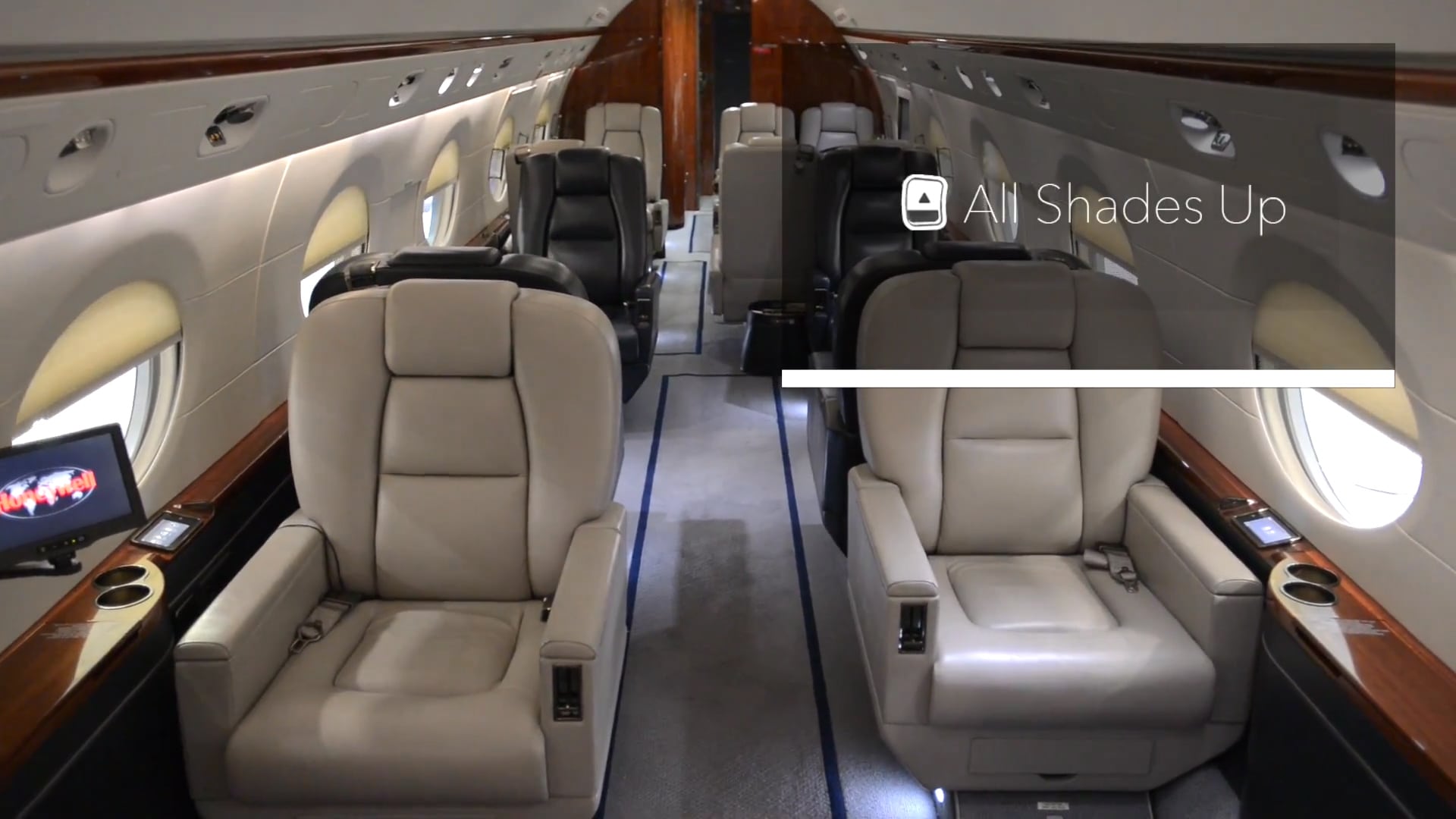A Google Glass App for Flight Attendants on Private Jets

Skift Take
Commercial airlines are willing to invest in technology that differentiates their customer experience; however, passengers might be more skeptical than pleased about the capabilities of their flight attendant's new accessories.
Although it's now possible to see a rare airline passenger with Google Glass milling around the boarding gate, flight attendants and pilots have yet to don the at-times controversial eyewear.
Aviation company Honeywell Aerospace has a vision to change that with a new Google Glass app that gives flight
